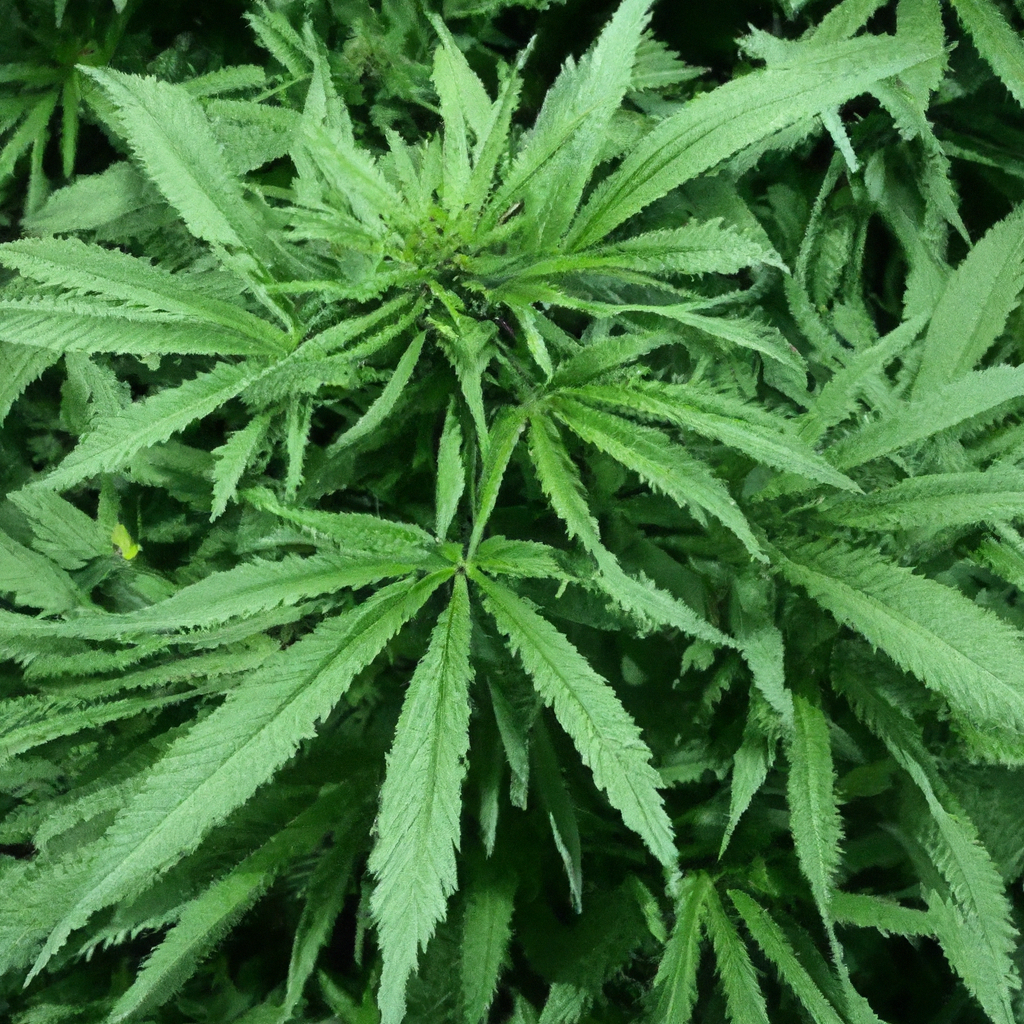Your cart is currently empty!
Delving into organic cannabis cultivation offers growers a sustainable pathway to rich yields and robust plants. This approach stands as a guardian of the soil, shielding it against the wear and tear of synthetic chemicals while nurturing it with natural fertility. In this guide, we’ll explore practical techniques to master organic cannabis growing, including the use of natural fertilizers, compost, and pest control, ensuring an eco-friendly journey from seed to harvest.
Building a Thriving Soil Ecosystem
The foundation of organic cannabis cultivation lies in a healthy, vibrant soil ecosystem. Implement these steps to enrich your soil:
- Start with Compost: Incorporate rich compost to infuse the soil with a variety of microorganisms, crucial for nutrient cycling and improved plant growth. Homemade compost can be enriched with fruit peels, coffee grounds, and eggshells.
- Use Natural Fertilizers: Fertilizers like bat guano, fish emulsions, and bone meal offer essential nutrients that promote vigorous cannabis growth. These organic solutions not only feed the plant but support the microbial life in the soil.
Natural Pest Control Techniques
Guarding Against Pests Sustainably
Maintaining plant health without synthetic pesticides ensures both safety and sustainability. Consider these natural pest control methods:
- Companion Planting: Include plants like marigolds and basil in your grow area. These act as natural repellents to common pests like aphids and beetles.
- Neem Oil Applications: A traditional organic pest deterrent, neem oil can be sprayed lightly on cannabis leaves to hinder pest infestations while sparing beneficial insects.
Promoting Sustainability in Cultivation Practices
Emphasizing sustainability involves minimizing waste and optimizing resources. Here are strategies to integrate into your operation:
- Water Conservation: Implement drip irrigation systems to reduce water use and prevent soil erosion.
- Renewable Energy Use: Utilize solar panels or wind energy to power greenhouses, reducing reliance on non-renewable energy sources.
Environmental and Consumer Benefits of Organic Cannabis
Organic cannabis growing practices confer numerous advantages beyond just the grower:
- Environmental Impact: Organic methods sustain the biodiversity of the ecosystem, preventing chemical runoff that harms local flora and fauna.
- Consumer Health: Organic cannabis offers consumers a product free from harmful residues, ensuring a cleaner, safer consumption experience.
Conclusion: Stewardship and Quality in Organic Cannabis
Embracing organic cannabis cultivation not only enriches the growing process but also aligns it with principles of ecological responsibility and consumer health. By focusing on building a robust soil ecosystem, deploying natural pest controls, and striving for sustainability, cultivators can produce cannabis that speaks to the integrity of its origins, offering a superior product for the market and the environment alike.
Discover more from Magic Clones
Subscribe to get the latest posts sent to your email.


Leave a Reply